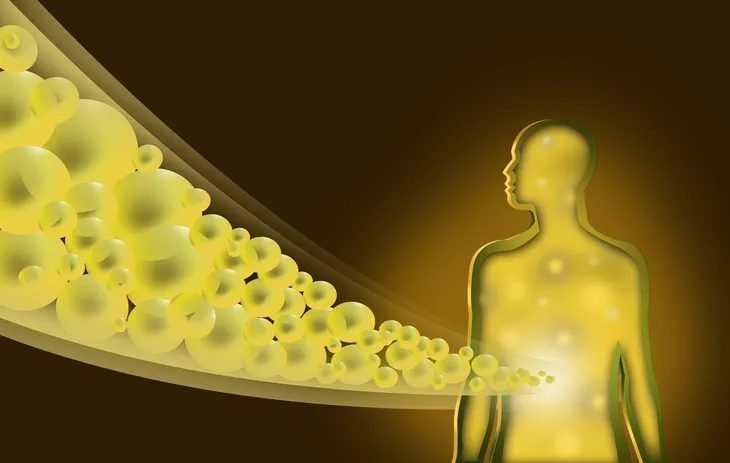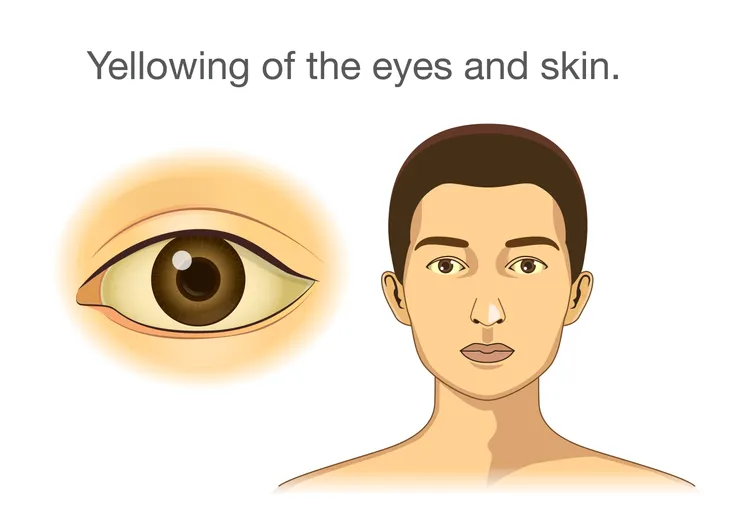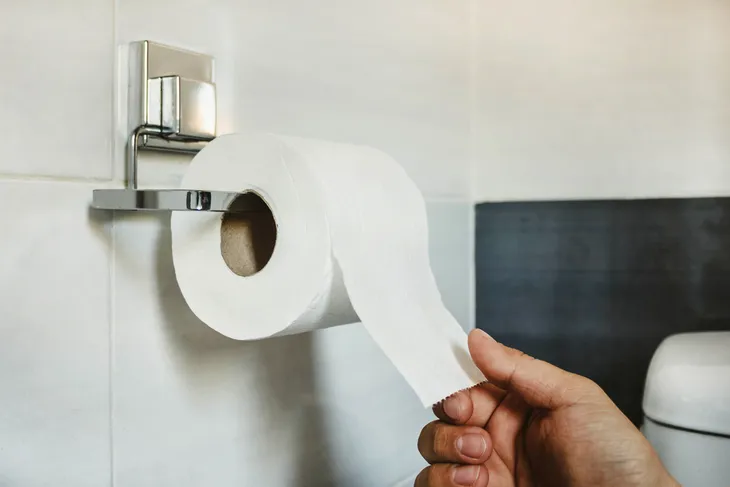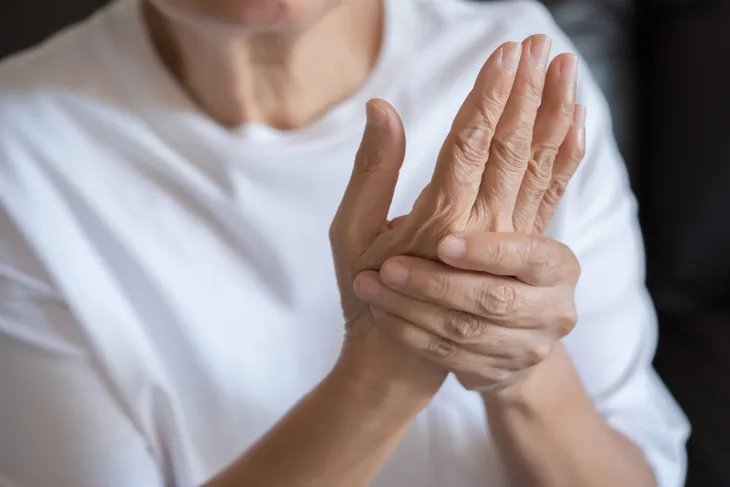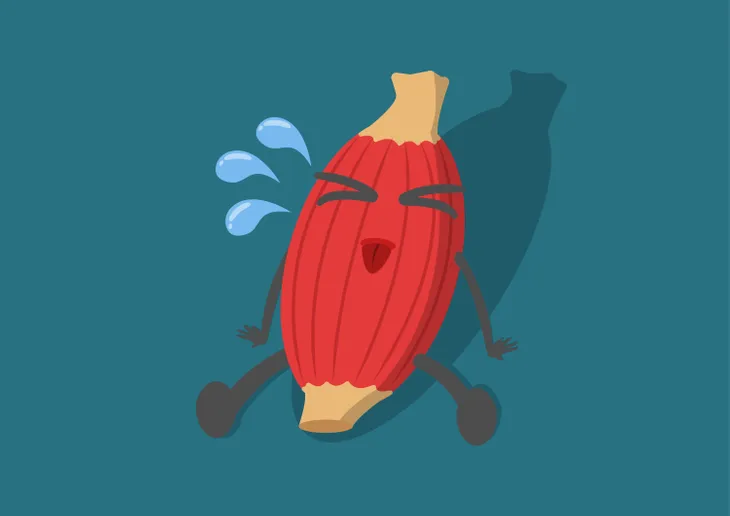Your liver is one of the most important organs in your body. How so? Think of it as a filter that takes all of the less than ideal elements that make their way into your system (such as by drinking alcohol or consuming unhealthy foods) and removes them from the bloodstream. And that’s not all, the liver is also responsible for storing your energy and producing compounds the body uses to effectively process your food.
As a result, it’s hugely important to maintain the health of the liver. Unfortunately, given the popularity of many unhealthy foods and beverages, the liver often takes a beating. Over time, this can lead to its degeneration and, eventually, liver failure. But how do you know if your liver is in trouble? What are the signs of liver failure?
1. Abdominal Pain
One of the first signs of trouble with the liver is a feeling of pain or general discomfort in the abdominal area of the body. If the problem is related to the liver specifically, you’ll feel soreness in the right upper part of your abdomen, which is where the larger end of your liver resides.
What does this soreness mean? It could indicate that your liver has become swollen through some kind of damage, either through over-consumption of alcohol, blunt force trauma, or something else. If the swelling lasts only a short time and doesn’t prevent you from completing routine daily activities, such as going to work or cooking dinner, then it may not be anything to worry about. However, if the soreness persists and does have a visible impact on your lifestyle, it’s time to talk with a doctor about the issue.
2. Yellow Skin
Many people associate jaundice, or a yellowing of the skin, with liver problems and specifically alcohol abuse. But why would a damaged liver have such an effect on the body? How could it possibly lead the color of our skin to appear a shade of yellow?
The issue is related to a compound known as bilirubin. In an individual with a completely healthy liver, bilirubin, which is produced by the body processing old blood cells, is disposed of easily. However, in someone with a damaged liver, bilirubin builds up in the blood. The end result can be a yellowing of the skin.
3. Yellow Eyes
Jaundice, which is the result of the dysfunctional processing of the compound bilirubin, is one of the most obvious signs that a person’s liver is damaged or even failing. The most visible sign of jaundice is yellowing of the skin, but it can also take the form of yellowed eyeballs.
Should your liver have problems effectively processing bilirubin, which is produced when the body breaks down aging red blood cells, there’s a good chance your eyes will begin to appear yellow, rather than the usual white. And that’s not all, jaundice could lead to a darkening or yellowing of your body’s major byproducts, including urine and feces.
4. Darkened Bodily Fluids
By the time we’re adults, we have a pretty solid understanding of what to expect to see in the toilet after going to the bathroom. It sounds odd, but over time, we become quite familiar with the appearance of our bodily wastes. It also means we should be able to spot when something looks wrong.
If you’re having problems with your liver, you can expect to see much darker urine and feces. Your urine will appear a deep, deep shade of yellow (almost dark gold). Meanwhile, your feces, which should normally be some shade of brown, could actually begin to appear yellow. If this occurs, it could be a sign that your liver is damaged and struggling to process toxins in the body. Although it’s no guarantee there’s a problem, it’s a good idea to discuss the matter with your doctor.
5. Joint Pain
Joint pain is one of the most common kinds of pain, particularly among people older than age 30. During middle age, many people begin to develop joint-related health problems, including arthritis. Often, these issues are limited to the joints themselves and can be treated with over-the-counter medications. But sometimes, joint pain is a sign of a much deeper and more sinister problem in the body.
In fact, joint pain is a sign of liver damage and even liver failure. That’s because liver disease can lead to autoimmune problems, whereby the immune system actually begins to attack healthy cells. This problem can become visible in the form of significant joint pain, particularly when the patient is a woman.
6. Skin Blemishes
People experiencing serious liver problems, such as jaundice, may notice that their skin or even eyeballs appear a shade of yellow. This is because a body with jaundice struggles to properly process the compound bilirubin, which is produced when old red blood cells are broken down.
But the skin of someone with liver damage or liver failure can show other signs, including blemishes that resemble spiders or asterisks. These images are formed by blood clotting just underneath the surface of the skin. The problem is related to the functioning of the liver if it’s healthy, it will clot blood when and where it needs to. However, if the liver is damaged, it may struggle to properly clean and clot the blood, resulting in odd-shaped blemishes on the skin.
7. Difficulty Thinking
Many of the most visible symptoms of liver disease and liver failure affect the skin, eyes, and even byproducts of the human body, but a diseased liver can also have a demonstrative impact on the way we think.
The problem is that a failing liver can struggle to properly regulate all of the compounds in the body, leading to serious problems. For example, a diseased liver could allow for too much copper in the bloodstream, and once this copper reaches the brain, it can cause serious confusion. This could make many common daily activities, such as going to the store or working out a problem at the office, far more difficult than they should be.
8. Muscle Degeneration
In the body of a person with a healthy liver, all of the most important fluids are carefully balanced, giving the individual what they need to live a healthy, active lifestyle. However, because the liver acts as a filter for all of these various fluids, such as bile and blood, any problem with the liver can have a huge impact on the appearance and functioning of the body.
For example, if the body’s fluids are out of balance as a result of a damaged or failing liver, some parts of the body may begin to waste away (while others grow). This could mean that an individual’s muscles become weaker and weaker and smaller and smaller, while their belly or ankles grow bigger. As time goes on, this imbalance can create an unnatural, uncomfortable, and painful situation that requires a range of costly and time-consuming treatments.


